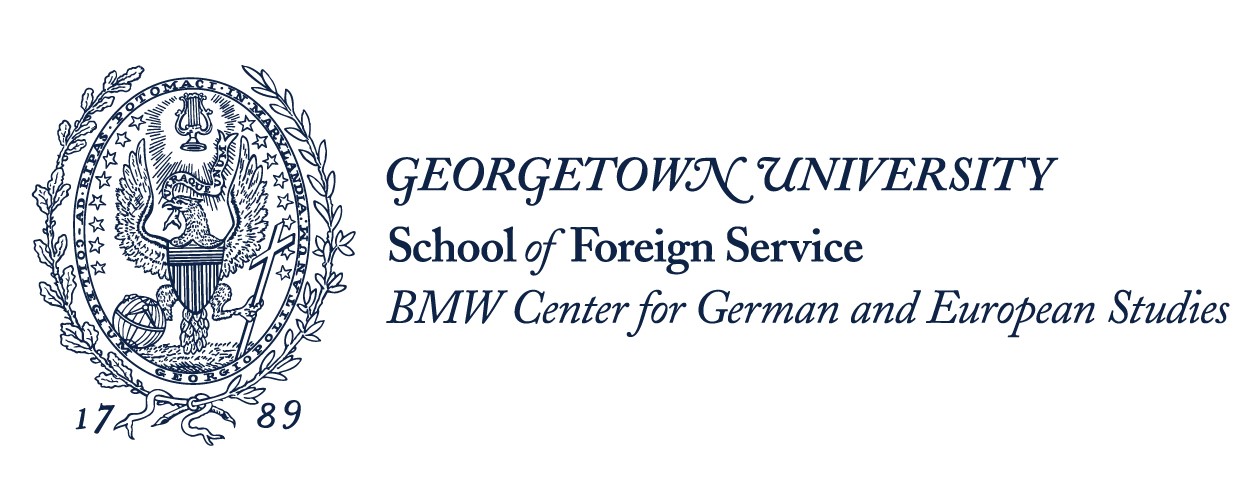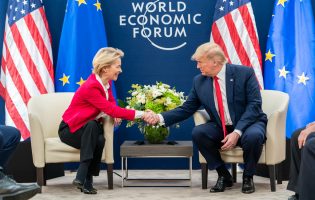Russia’s Threat to the Post-Cold War Security Order
With Russia massing its forces on the border of Ukraine and engaging in other efforts to destabilize that country, the security situation in Europe has deteriorated to a state not seen in decades. Amid intensive diplomacy in recent weeks, there is substantial uncertainty over what Vladimir Putin’s intentions are and whether he ultimately will choose military action. The transatlantic community has reiterated that any Russian aggression would be met with drastic consequences, but it has been accompanied by intense scrutiny of national positions and questions about Western solidarity, with particular focus has been devoted to the positions of the United States and Germany. Will Putin invade? Does he seek regime change with a Kremlin-friendly government in Kyiv? How robust would a Western response be? This webinar will bring together leading experts to shed light on this acute crisis and to provide insight into the options the transatlantic community has in the weeks and months to come.
Panelists:
Dr. Alina Polyakova, President and CEO, Center for European Policy Analysis (CEPA); Adjunct Professor of European Studies, Johns Hopkins University’s School of Advanced International Studies (SAIS)
Dr. Angela Stent, Senior Advisor and Director Emerita, Center for Eurasian, Russian, and East European Studies, Georgetown University
Amb. Peter Wittig, Rohwedder-Horvath Ambassador-in-Residence, Georgetown University; former German Ambassador to the United States
Moderator:
Jeff Rathke, President, AGI
Support for this event provided by the AGI Foreign and Security Policy Program. It is presented in partnership with the BMW Center for German and European Studies, Georgetown University.








